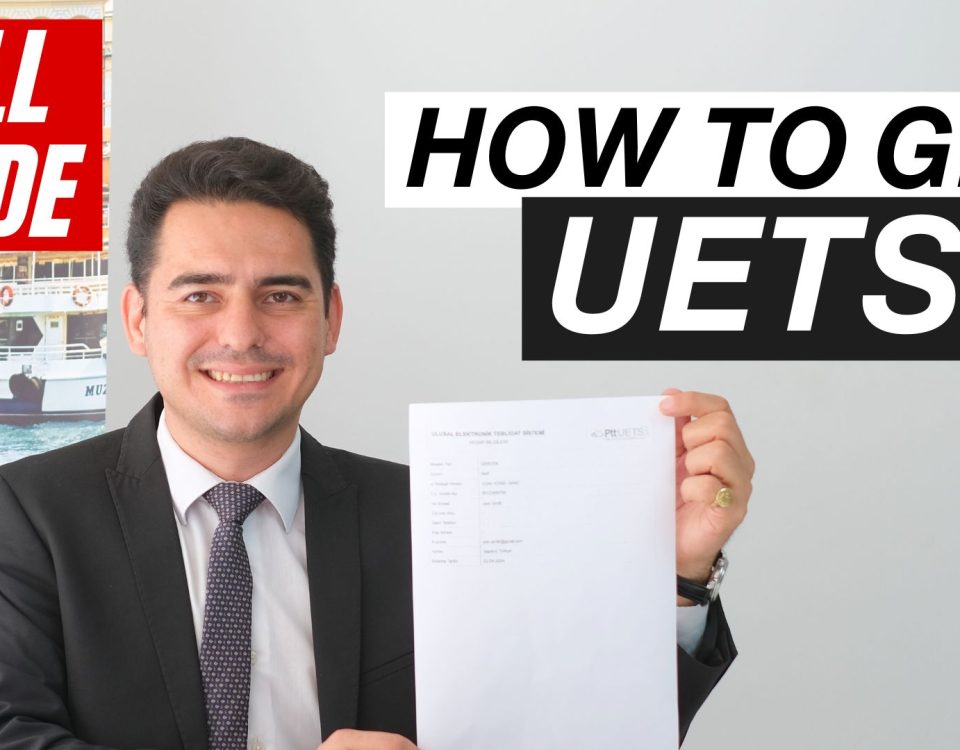How to Import Your Car to Turkey: A Guide for Foreigners

Public Vs Private Schools In Turkey: A Comprehensive Comparison
November 28, 2023
Top Universities in Turkey: Centers of Excellence in Education and Research
December 7, 2023Obtaining Vehicle Documentation
One of the first steps in bringing a car from abroad to Turkey is to obtain the vehicle’s title or registration papers, which will be required to clear it through customs. The foreigner also needs to have the original invoice of the vehicle, showing that the car is legally theirs.
Vehicle Inspection
Next, the foreigner must have the car inspected by an authorized inspection center in the country of origin to ensure that it meets Turkish regulations and standards. This process may require the vehicle to be modified or retrofitted in order to comply with these regulations.
Customs Clearance Process
Once the vehicle has been inspected, the foreigner must clear it through Turkish customs. This process typically involves paying any import duties and taxes that are owed on the car, as well as obtaining any necessary permits or licenses. Additionally, the car must have a valid registration plate.
Driver’s License and IDP
The foreigner also needs to have a valid driver’s license and an International Driving Permit (IDP), which are accepted in Turkey to drive the car. The IDP is an internationally recognized document that serves as an official translation of the individual’s driver’s license, so it’s a requirement by Turkish law.
Vehicle Use Limitations
When a foreigner brings a car from abroad to Turkey, they are typically allowed to use the vehicle in the country for a period of six months, after which they must either export the car or register it with the Turkish government. The process of registering a foreign-plated car in Turkey can be complicated and may require additional documentation and inspections.
Regulations and Restrictions
It’s important to note that there are certain restrictions on the import of cars older than a certain age and that are not meeting the Euro V emission standards, so it’s important to check the specific regulations. Furthermore, if the car was bought on loan, the proper document should be given by the bank to prove that the car belongs to the individual.
Navigating the Process
Bringing a car from abroad to Turkey can be a complex process, involving a number of steps and a significant amount of paperwork. It’s important for foreigners to be familiar with the country’s regulations and to work with an expert such as a lawyer or customs agent to ensure that the process goes smoothly and that all the necessary documents and permits are in order.




